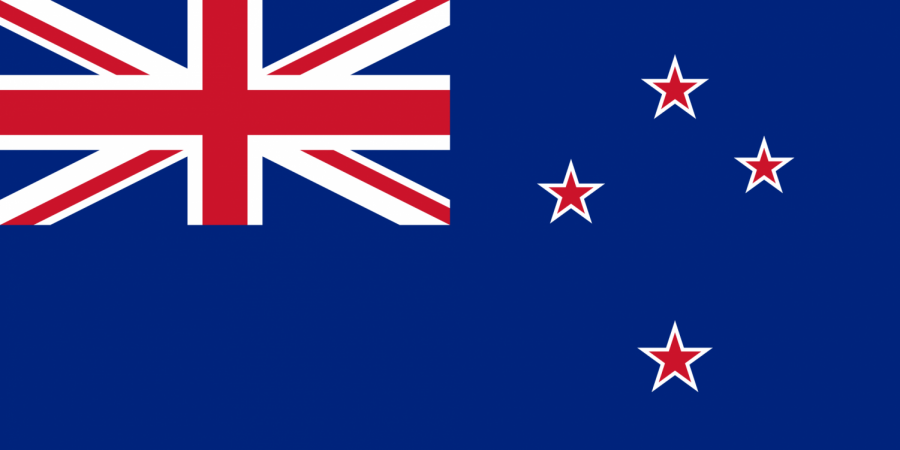A response to violence that America should listen to
March 29, 2019
In an era riddled by violence and chaos, I was relieved that somewhere when tragedy struck, action was immediately taken to prevent further catastrophe. Following the massacre of 50 people in two Christchurch mosques, New Zealand’s Prime Minister Jacinda Ardern made several decisions to protect the safety of her citizens and take a firm stance against the radical violence that seems to be commonplace in our modern world. Her actions starkly contrast the reactions that the United States has had to similar instances of violence, and we should look to the Prime Minister’s bravery in order to confront our own struggles.
Ardern set the tone for all further discussion of the shooting by blatantly calling it a terrorist attack instead of simply referring to the perpetrator as a shooter. By classifying it a terrorist attack early on, Arden was able to start taking steps towards meaningful gun reform in which discussion of semi-automatic guns was on the table, and was able to launch an investigation into how this attack occurred. This investigation will examine every preventative measure that could have happened to stop the shooter and then will use that information to put legislation in place to ensure this will not happen again.
This may not seem too different from the U.S.’s reactions to shootings Orlando nightclub shooting, Stoneman Douglas High School shooting, or the shooting in Las Vegas – except in the United States, we are unable to call these shooters what they are: terrorists. By labeling this violence in this way, it limits the discussion on the shooter and focuses directly on the prevention of these tragedies and the condemning of hatred that fuels these acts of violence. By changing the discussion, I believe the United States could pull itself out of the cycle of violence we find ourselves in.
Another difference in New Zealand’s discussion on the shooting is that they are taking the focus away from the shooter and placing it onto the victims in order to prevent further tragedies. The Prime Minister vowed to never say the shooter’s name because she did not want to give him recognition or motivate others by giving him credit for the attack. This is very different from the United States, who will plaster the shooter’s name, face, and life story on every media platform. When media conglomerates broadcast the name of the terrorists, it draws focus away from the system that allows such incidents. New Zealand is coming up with solutions instead of trying to push the blame somewhere, and I believe that they will be much more effective at making a positive change to reduce the chance of future, horrible tragedies.
It is critical that the United States – and the rest of the world – deals with acts of terrorism head-on in a clear and productive fashion. The United States continues in the cycle of violence while, hopefully, the changes made in New Zealand regarding gun regulations and ownership will ensure this never happens again. To stop this cycle, we need to look to other countries as an example and learn from them and this pain.





















Rob • Apr 4, 2019 at 3:44 pm
We didn’t call Stoneman Douglas or Las Vegas “terrorist attacks” because we have a legal definition of terrorism. Here you go:
The U.S. Code of Federal Regulations defines terrorism as “the unlawful use of force and violence against persons or property to intimidate or coerce a government, the civilian population, or any segment thereof, in furtherance of political or social objectives”
It’s not because NZ referred to the attack as “terrorist” in nature that they were able to ban guns, it was because they have no Constitutional protections for gun ownership. Gun ownership was literally how we were able to beat the English to gain our freedom so the founding fathers thought it important enough to address second after speech in the bill of rights.
“The United States continues in the cycle of violence while, hopefully, the changes made in New Zealand regarding gun regulations and ownership will ensure this never happens again.”
The US calls a spade a spade in terms of terrorism. Most of our mass shootings aren’t motivated by political ideology so they aren’t terrorism. Even if they were that doesn’t change the political and physical challenges towards preventing future actions like it. There’s literally zero way to prevent a mass shooting in a nation of 300+ million guns when you don’t know where they are or who owns them. Any belief that any government can stop them is delusional at best and completely blind at worst.